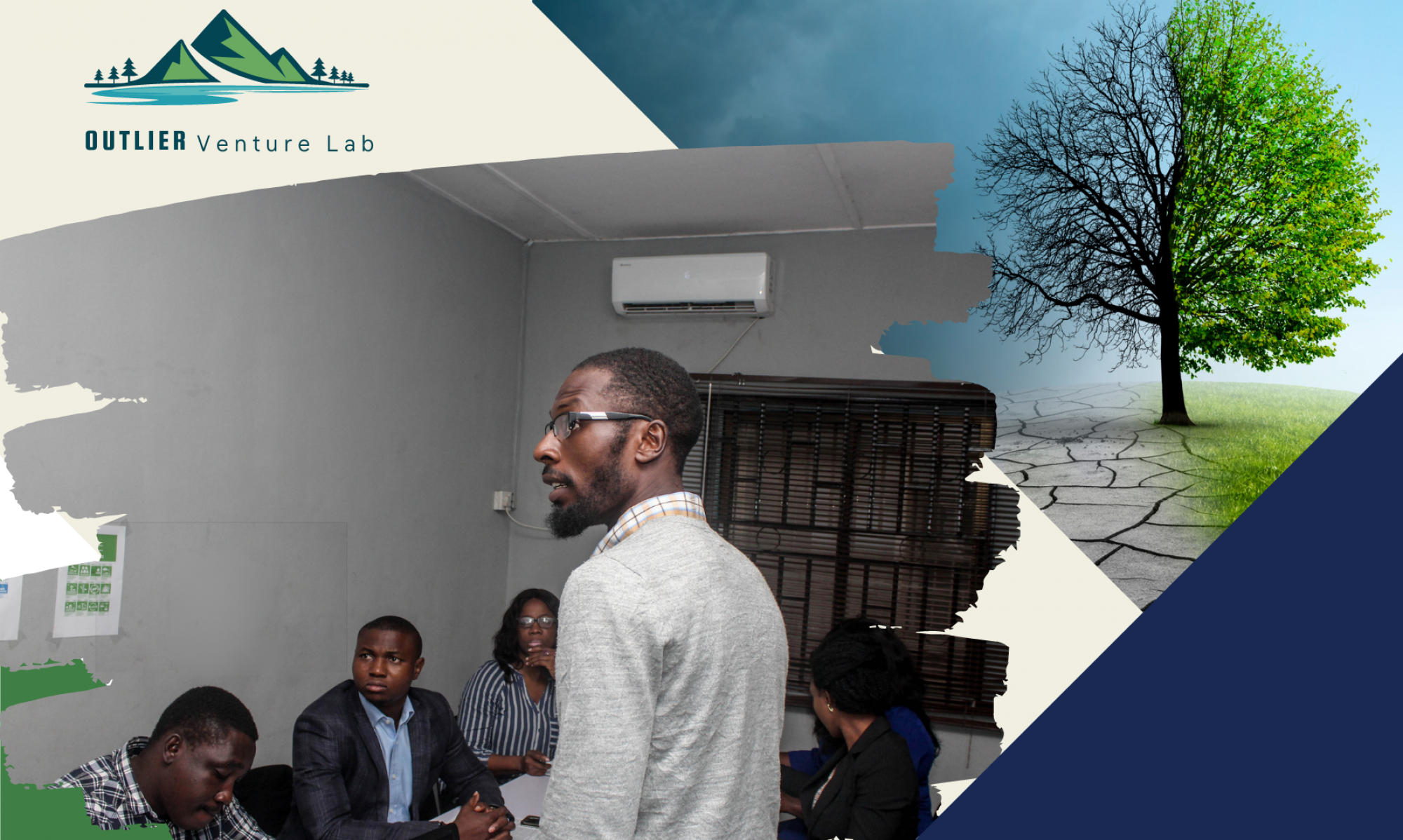
Paving the Path to Sustainability: Investment and Financing Initiatives in Africa
Africa, a continent of unparalleled beauty and potential, is navigating the complex terrain of sustainable development. At the heart of this journey lies a crucial catalyst—investment and financing. As nations grapple with the dual challenge of fostering economic growth and addressing environmental and social concerns, a robust framework of funding initiatives and strategic partnerships is emerging. Let’s delve into the dynamic landscape of investment for sustainability in Africa.
1. International Partnerships and Funding Initiatives:
African Renewable Energy Initiative (AREI): In the pursuit of sustainable energy, AREI stands tall. Conceived as part of the Paris Agreement, it aims to mobilize substantial renewable energy capacity across the continent. With a target of 300 GW by 2030, this initiative underscores Africa’s commitment to a cleaner, greener future.
Green Climate Fund (GCF): A financial lifeline for developing nations, GCF empowers African countries to embark on low-emission, climate-resilient development paths. These funds are a testament to global solidarity in addressing climate change.
2. Development Finance Institutions (DFIs):
African Development Bank (AfDB): AfDB is a linchpin in Africa’s sustainable development. With a focus on renewable energy, climate resilience, and inclusive growth, it acts as a key financier and partner in shaping a sustainable future.
International Finance Corporation (IFC): The private sector plays a vital role in sustainability. IFC, as part of the World Bank Group, invests in projects fostering environmental and social responsibility, illustrating the potential of public-private collaboration.
3. Public-Private Partnerships (PPPs):
In the quest for sustainable development, governments are turning to PPPs. By aligning public resources with private sector expertise, this collaborative model is driving transformative change in sectors such as renewable energy and infrastructure.
4. Impact Investment:
The rise of impact investing marks a paradigm shift. Investors are now seeking ventures that deliver both financial returns and positive societal and environmental impacts. Africa’s sustainable businesses are increasingly becoming magnets for such socially responsible investments.
5. Local Capital Markets:
Homegrown solutions are vital. Local capital markets are evolving to include ESG criteria, encouraging investment in businesses that prioritize environmental, social, and governance principles. This shift contributes to the creation of a sustainable financial ecosystem.
6. Green Bonds:
African countries are tapping into the potential of green bonds. These financial instruments fund eco-friendly projects, from renewable energy initiatives to sustainable agriculture, attracting investors with a keen eye on both profit and environmental stewardship.
7. Innovation Hubs and Startups:
Innovation is the lifeblood of sustainability. Investment in innovation hubs and startups is gaining momentum, fostering technological solutions for challenges like energy access, water management, and waste reduction.
8. Capacity Building and Technical Assistance:
Investment goes beyond monetary contributions. Capacity building and technical assistance programs strengthen institutions and enhance governance, laying the groundwork for successful project implementation.
9. Risk Mitigation Instruments:
Mitigating risks is paramount to attracting private sector investment. Instruments such as guarantees and insurance provide the necessary assurance, enabling investors to participate confidently in projects that contribute to sustainability.
10. Regulatory Frameworks and Incentives:
Governments are pivotal players in creating an environment conducive to sustainable investment. Favorable regulatory frameworks and incentives, including tax breaks and subsidies, act as catalysts for businesses committed to sustainable practices.
Conclusion:
As Africa charts its course towards sustainability, the investment landscape unfolds as a crucial protagonist in this narrative. Strategic partnerships, both local and global, are proving instrumental in driving the continent’s sustainable development agenda. The momentum is building, and as the investment ecosystem evolves, Africa’s journey toward a greener, more equitable future gains momentum. The seeds of sustainability have been planted, and with collaborative efforts, they are poised to blossom into a vibrant and sustainable reality for the entire continent. Africa is not just envisioning change; it is actively shaping a sustainable legacy for generations to come.





















